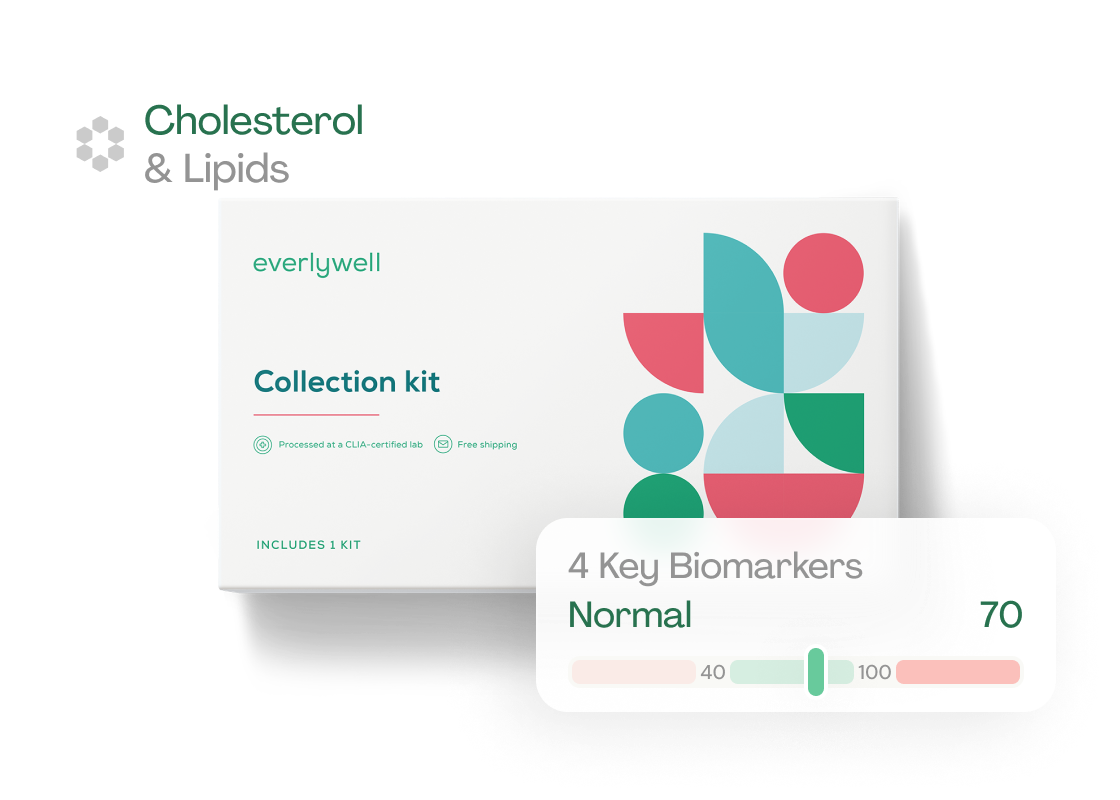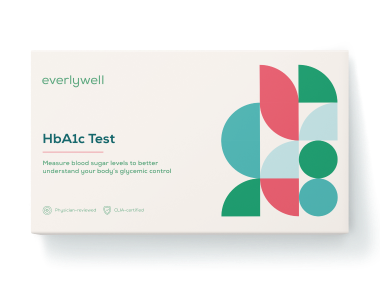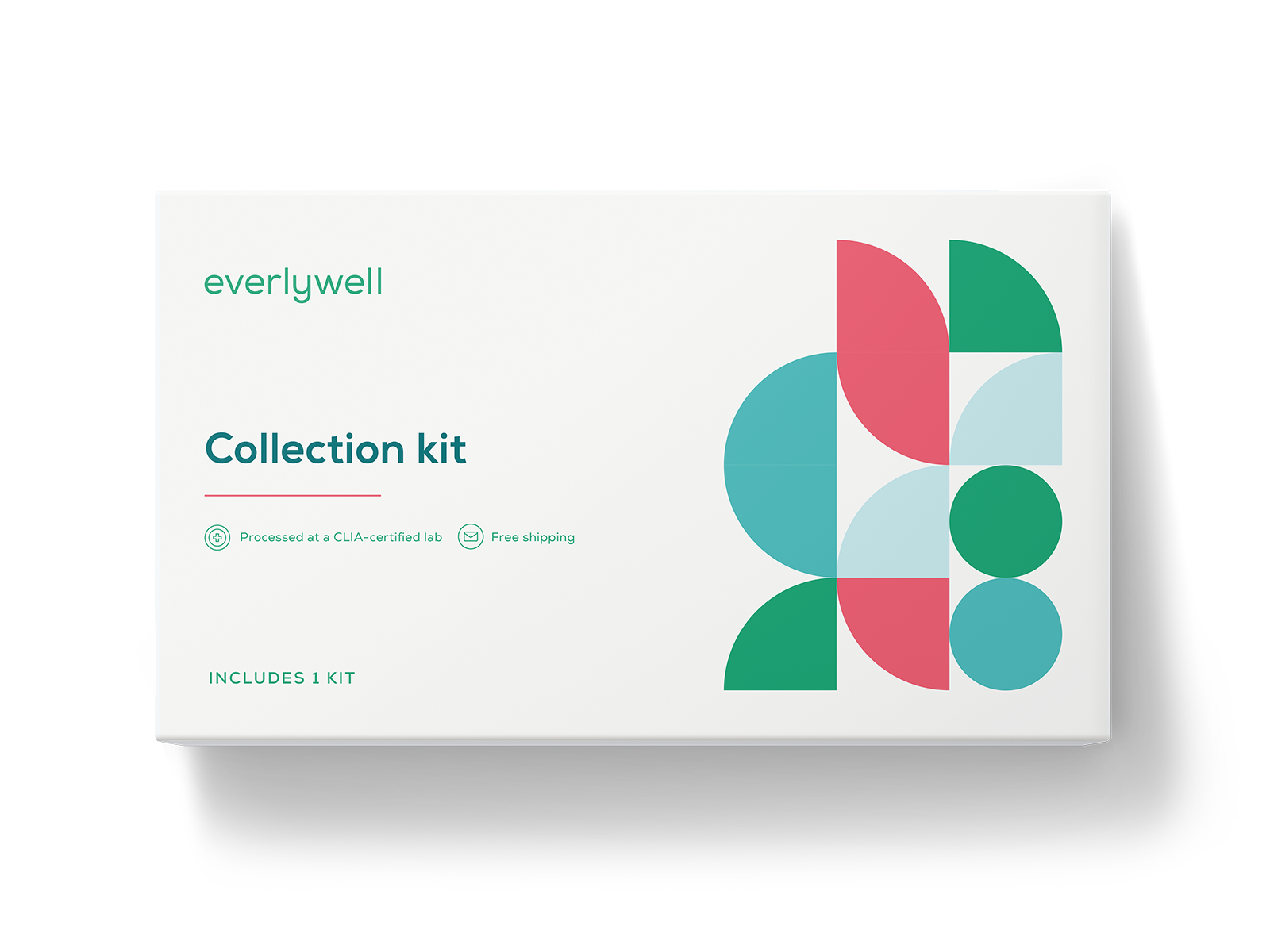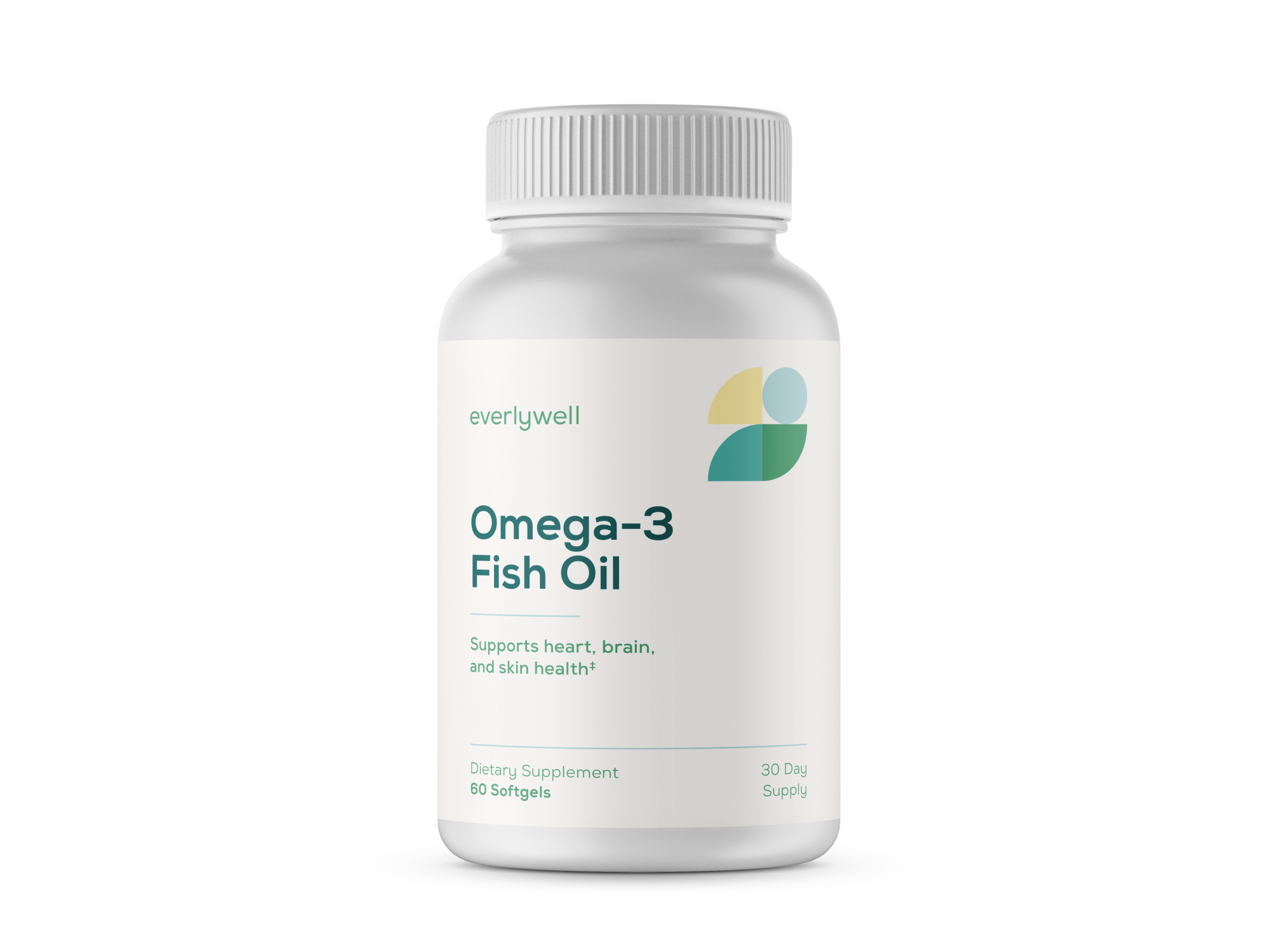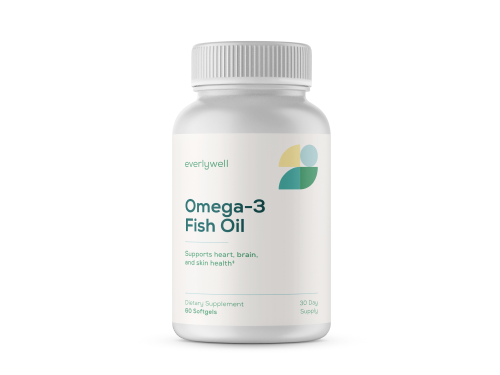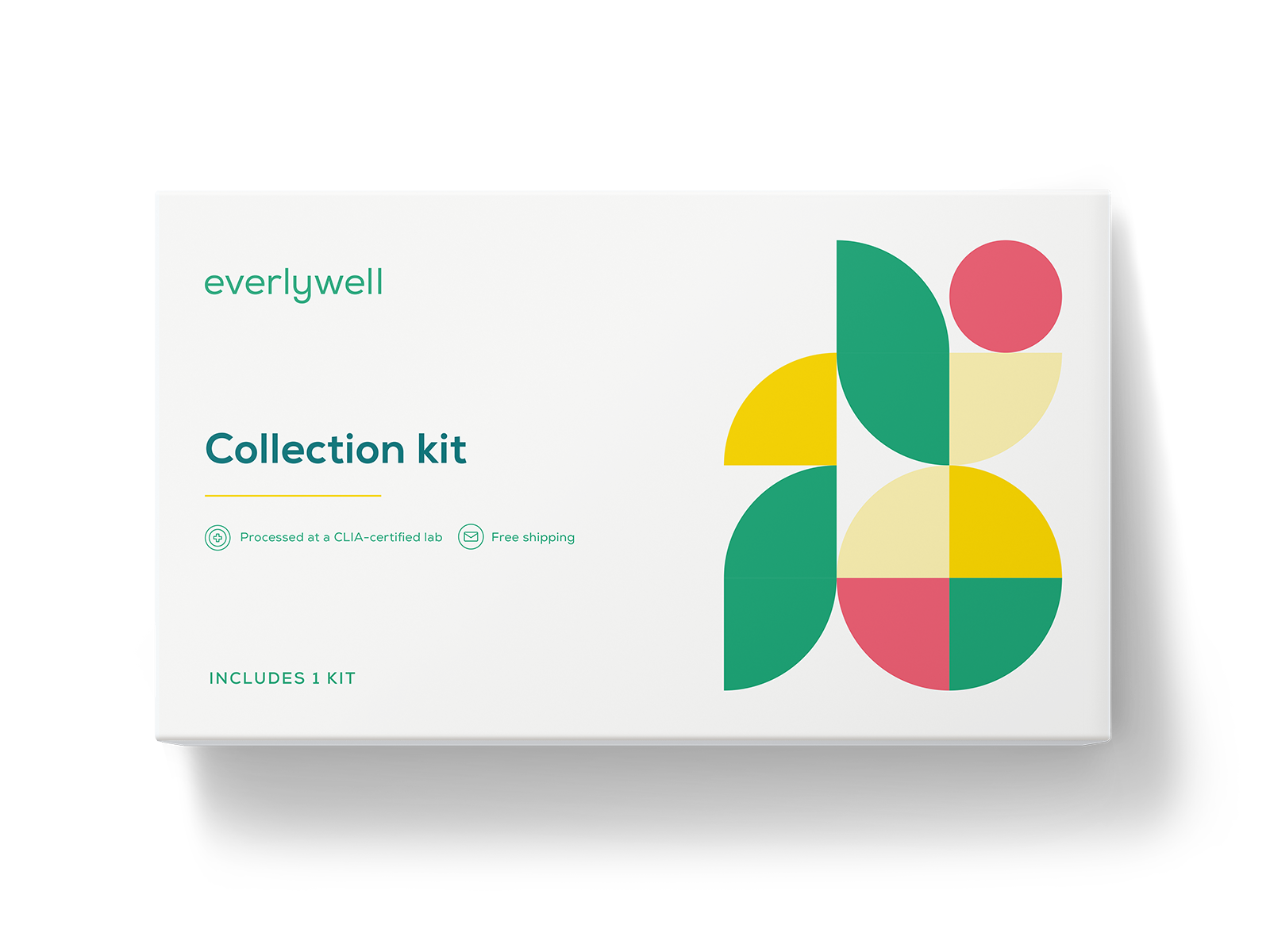Cholesterol & Lipids Test
/each
This test, like a standard lipid panel, measures your total cholesterol, calculated LDL, HDL, and triglycerides levels—it's a convenient way to monitor your biomarkers from the comfort of home. Knowing your numbers can help you identify ways to reduce risks for cardiovascular disease.
Measures total cholesterol, HDL, calculated LDL, and triglycerides
Finger prick sample
Cholesterol & Lipids Test
Free shipping
FSA / HSA accepted
Free shipping
FSA / HSA accepted
Better health starts here
How it all works
1
Register your test
Once your test arrives, head to everlywell.com or open your Everlywell app to register. Just Scan the QR code on the box to seamlessly plug in your test ID.


2
Test from the comfort of home
When you're ready, collect your sample and mail it in (following the directions in your kit) using the prepaid shipping label.


3
Get answers in days
Your physician-reviewed results will be ready in your account in a few days.
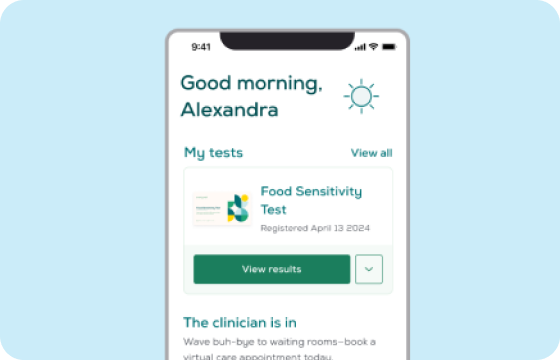

4
Healthy doesn’t happen alone
We'll offer lifestyle insights and guidance tailored to your results that you can use to make healthier choices.



100% digital
Your results
Easy to access, even easier to understand
Care you can count on
Backed by science, reviewed by doctors

CLIA-certified laboratories
Each lab we work with is CLIA-certified (Clinical Laboratory Improvement Amendments). This means they must meet high standards to obtain both state and federal certifications and submit themselves to regular inspections.

Physician-reviewed results
All tests are reviewed by an independent board-certified physician within your state.

Your privacy matters
Everlywell is HIPAA-compliant. This means we never sell your health data and we always store it securely—in fact, we use state-of-the-art, bank-grade encryption.
Reviews
97%
Would recommend this test to a friend
4.8 out of 5
5 star
85%
4 star
11%
3 star
2%
2 star
1%
1 star
1%
Related tests
Customers also bought
FAQs
You have questions, we have answers
Fast telehealth visits
Our expert team of clinicians will help you start your journey to better health
Schedule visit